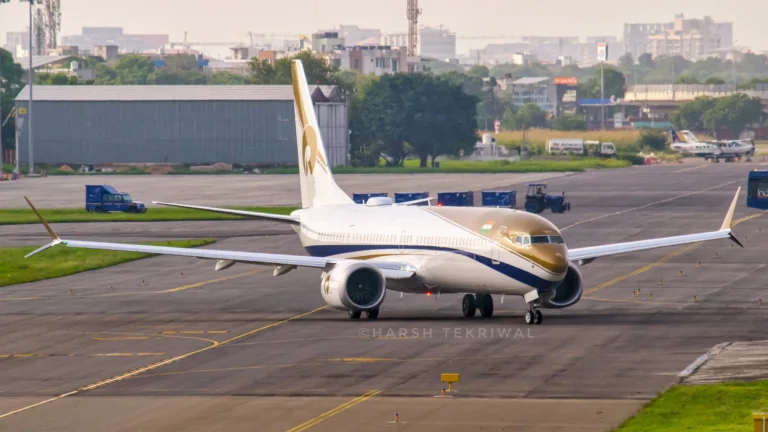The world of private aviation offers unmatched flexibility, convenience, efficiency, and exclusivity. At the center of this exclusive experience is the Fixed Base Operator (FBO) – a crucial component of the private charter ecosystem.
FBOs are simply specialized facilities that cater to private jet passengers, pilots, and crew, offering services ranging from fueling aircraft to providing exclusive and luxurious passenger lounges. In this article, let’s explore the role of FBOs, the facilities they offer, and their operation within the private aviation industry.
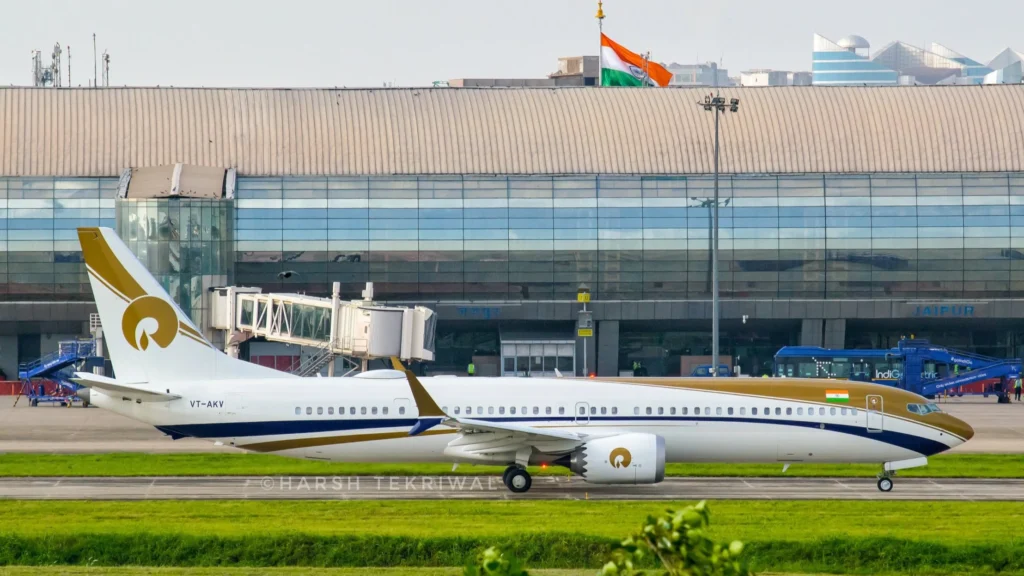
What is an FBO?
A Fixed Base Operator, commonly referred to as an FBO, is a private terminal at an airport. It serves as a dedicated hub for passenger flight operations, particularly private charter flights. While commercial passengers navigate crowded terminals, private jet travelers access FBOs for a seamless and exclusive experience.
FBOs primarily generate revenue through aircraft fueling services, often described as the “gas stations for private jets.” However, they also provide a range of other facilities, including but not limited to passenger amenities, crew services, aircraft maintenance, and more.
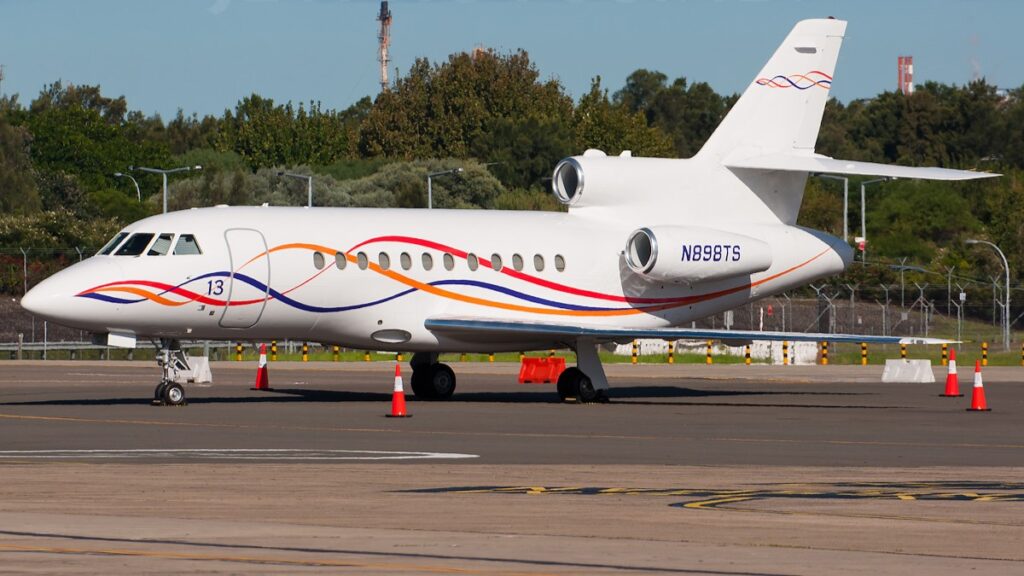
The Role of FBOs in Private Aviation
FBOs ensure that private aviation operates smoothly. They bridge the gap between passengers and aircraft operators, offering dedicated services and logistical support.
Passenger Facilities
For passengers, FBOs provide a comfortable alternative to commercial airport terminals. Some of the facilities offered by FBOSs include:
- Lounges: Comfortable waiting areas with complimentary WiFi and refreshments.
- Meeting Rooms: Spaces for business discussions, ensuring productivity doesn’t pause during travel.
- Rest Facilities: High-end FBOs offer shower facilities, nap rooms, and even spas.
- Customs Services: At international airports, some FBOs host dedicated customs and immigration facilities for expedited processing.
Unlike commercial airport lounges, FBOs are often quieter, more private, and designed to cater to the specific needs of private jet travelers.
Services for Pilots and Crew
Beyond passenger services, FBOs are essential for flight crews. Services typically include:
- Crew Lounges: Spaces for pilots and crew to rest between flights.
- Weather and Flight Planning: Assistance with route planning and weather updates.
- Maintenance Services: Some FBOs offer on-site aircraft repair and maintenance facilities.
FBOs also manage ground handling services such as baggage assistance, aircraft cleaning, and refueling.
Why Do Airports Have Multiple FBOs?
At major hubs such as Teterboro Airport in New York or Van Nuys Airport in Los Angeles, multiple FBOs compete to serve the high volume of private flights. Even smaller airports often have at least two FBOs, catering to different client preferences or operator contracts.
Much like competing gas stations at a busy intersection, these operators vie for loyalty through superior service, competitive fuel prices, and exclusive perks.
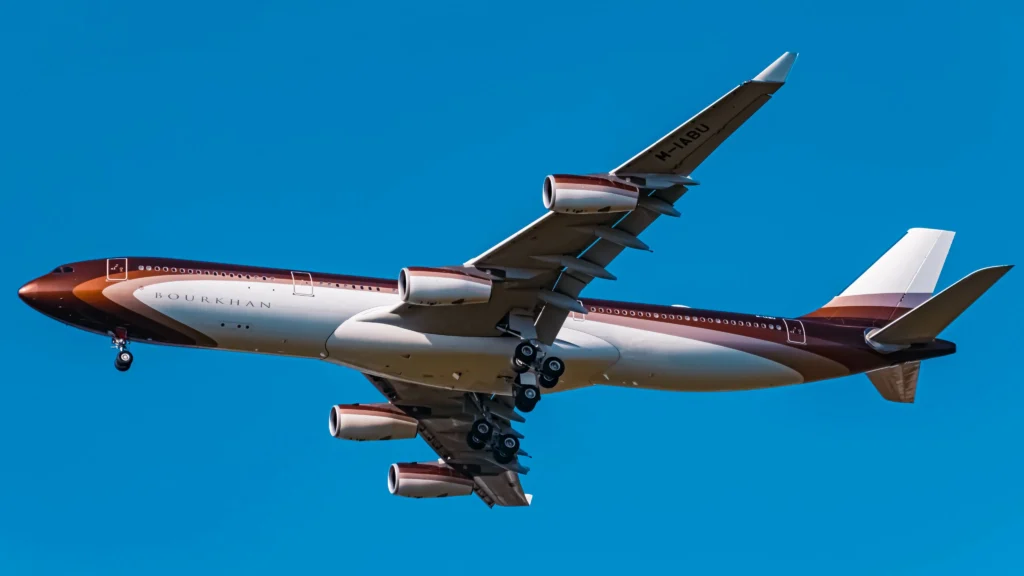
Behind the Scenes: How an FBO Operates
Aircraft Refueling
The primary revenue source for FBOs is fueling services. Private jets typically use Jet-A or Jet-A-1 fuel, and contracts with operators determine which FBO an aircraft uses.
FBOs usually negotiate long-term agreements with private jet operators to secure repeat business, often bundling fuel costs with other services.
Hangar Space and Aircraft Storage
FBOs also offer hangar rentals and tie-down services, providing safe and secure storage for aircraft. This is particularly valuable for aircraft owners who want to protect their investments from weather damage or tampering.
Concierge Services
From arranging ground transportation to booking in-flight catering, FBOs provide personalized concierge services. Pilots can also request last-minute weather updates or alterations to flight plans.
Some FBOs even offer valet parking and detailing for passengers’ cars while they’re away.

Passenger Experience: From Arrival to Boarding
The FBO experience is designed to minimize hassle and maximize comfort. Upon arrival, passengers are greeted by the airport staff who assist with luggage and guide them to the lounge area. Here, they can relax while waiting for their aircraft to be cleaned and prepared for its next flight.
Check-in for private flights is remarkably simple. Instead of flight numbers or tickets, passengers only need to know the aircraft’s tail number. After confirming details at the reception, they are escorted directly to their aircraft. This seamless process eliminates the long lines and security checks typical of commercial flights.
Planeside drop-off and pick-up are also common at FBOs, allowing passengers to drive directly to their aircraft. However, this service depends on the airport’s security regulations and the operator’s policies.

Choosing an FBO
While passengers can choose their departure and arrival airports, the selection of the FBO is typically made by the operator or charter broker. This decision is based on existing contracts with FBOs for fueling and other services.
Passengers can request a specific FBO, but this may incur additional fees, sometimes in the range of several hundred dollars.
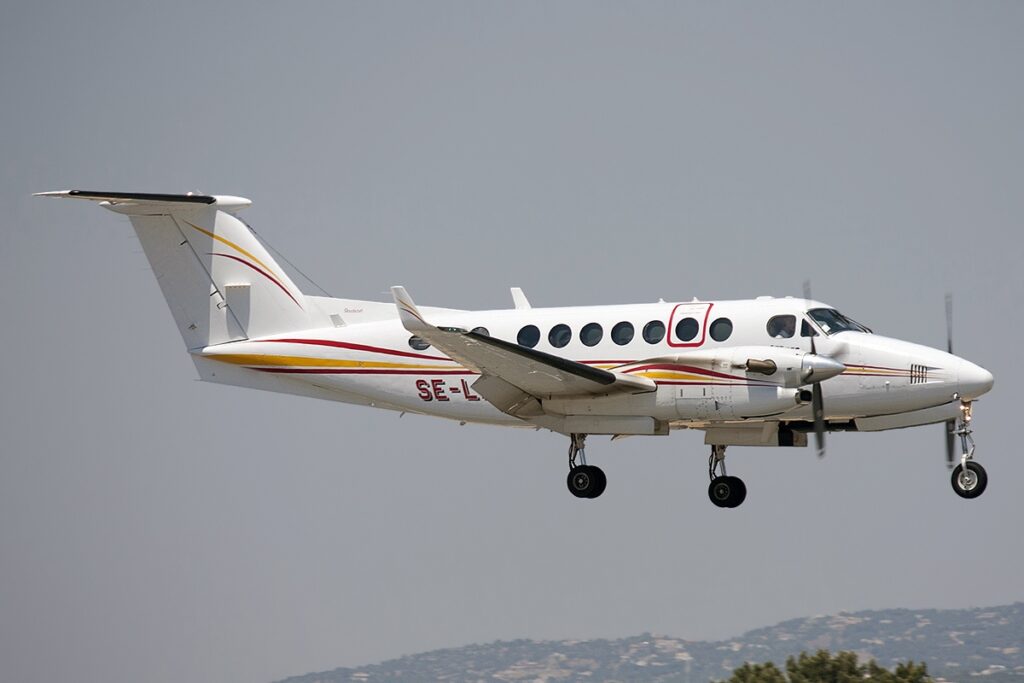
Ownership and Market Dynamics
The FBO industry comprises independent operators, franchises, and large multinational chains. Some of the most prominent FBO chains include:
- Signature Flight Support: The largest global operator, with over 200 locations.
- Atlantic Aviation: A major U.S.-based network with over 50 locations.
- Million Air: Known for upscale lounges and premium services.
These chains often invest heavily in upgrading facilities to attract high-end clientele. Smaller independent FBOs may focus on personalized service to compete with the larger players.

The Future of FBOs
As private aviation continues to grow, the role of FBOs is expected to evolve. Future trends include:
- Enhanced Sustainability: Increased availability of SAF and greener operational practices.
- Technological Integration: Improved digital tools for flight planning and passenger services.
- Expansion in Emerging Markets: Growth in regions with rising demand for private aviation, such as Asia and the Middle East.
Despite their importance, FBOs continue to face challenges, including fluctuating fuel prices, growing competition, and changing customer preferences. Operators often find it challenging to strike a balance between offering luxurious facilities and maintaining profitability.
Moreover, as sustainability continues to become a growing concern, many FBOs are exploring ways to provide more eco-friendly services, such as offering sustainable aviation fuel (SAF).
Feature Image by Harsh Tekriwal | Instagram
Stay tuned with us. Further, follow us on social media for the latest updates.
Join us on Telegram Group for the Latest Aviation Updates. Subsequently, follow us on Google News.

